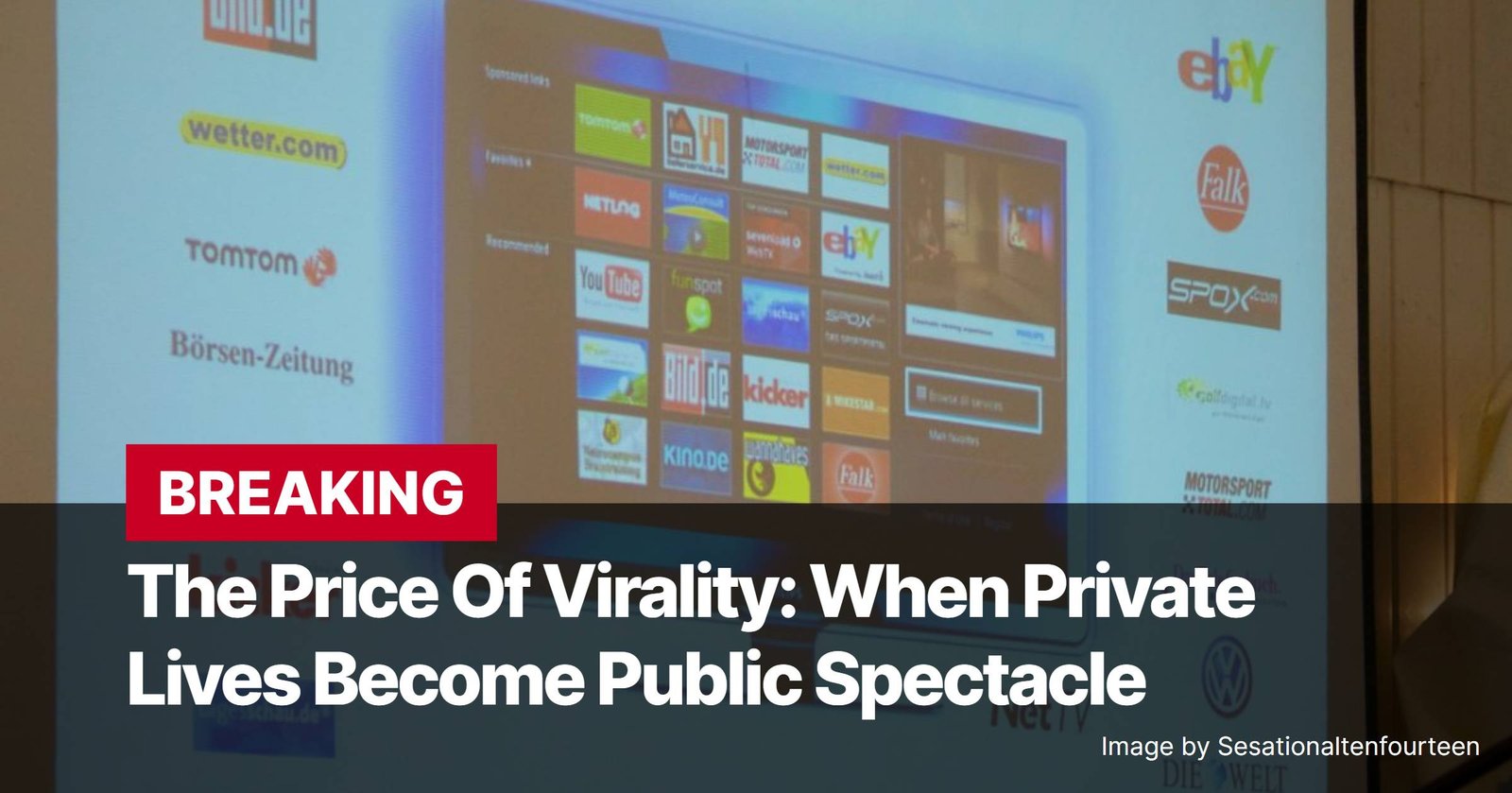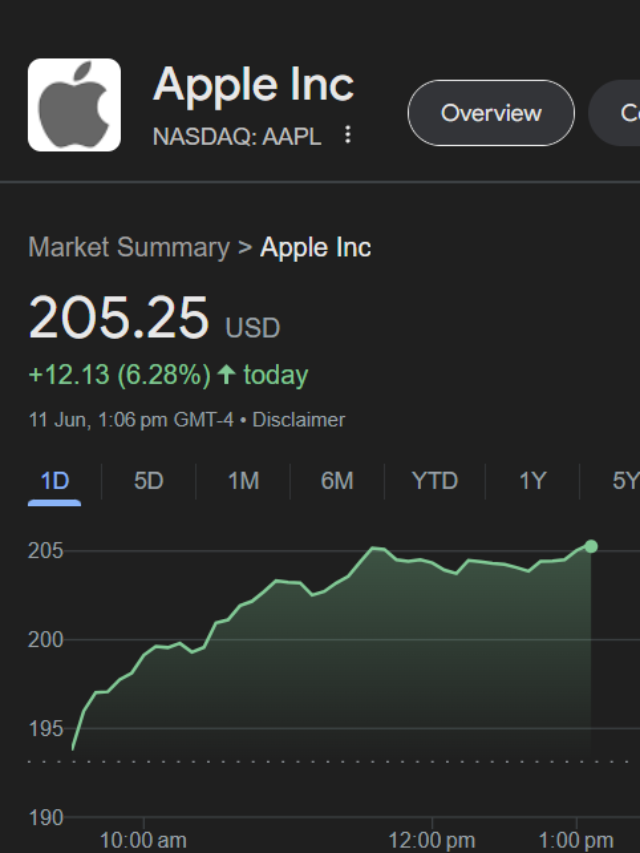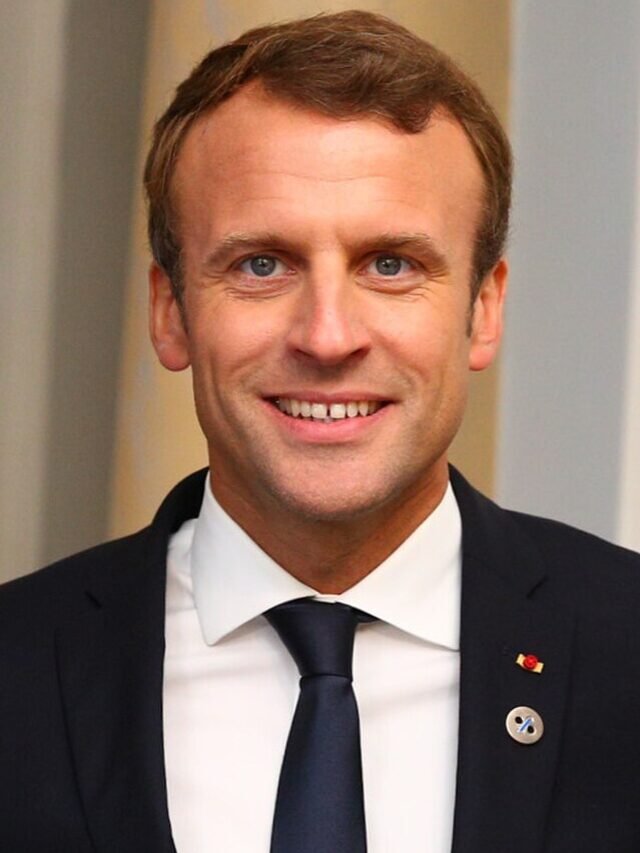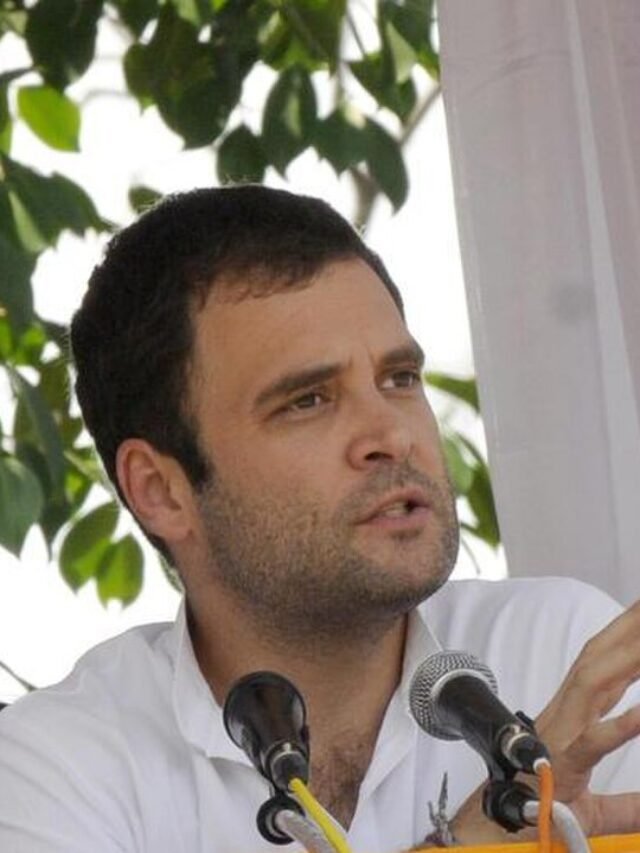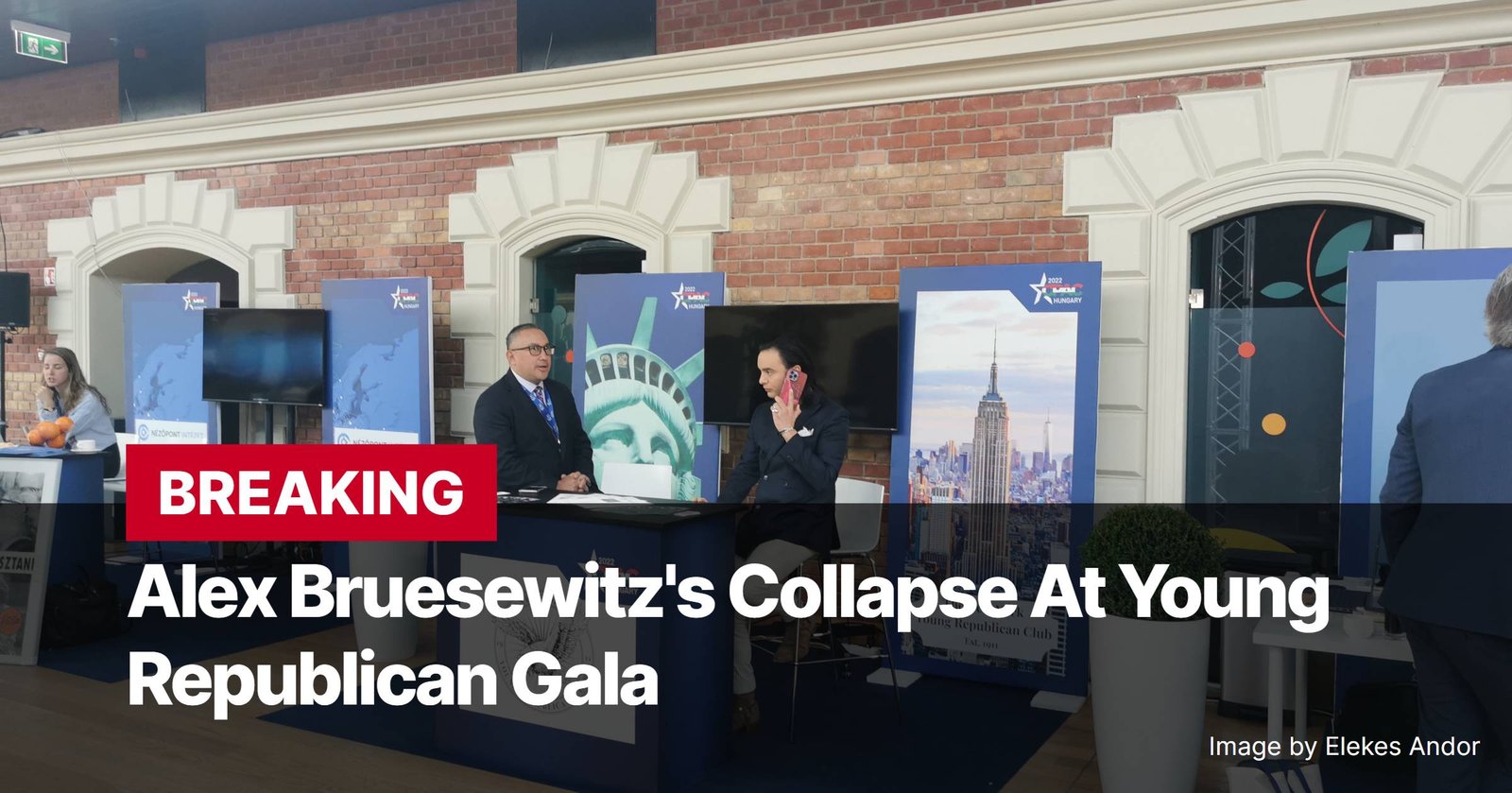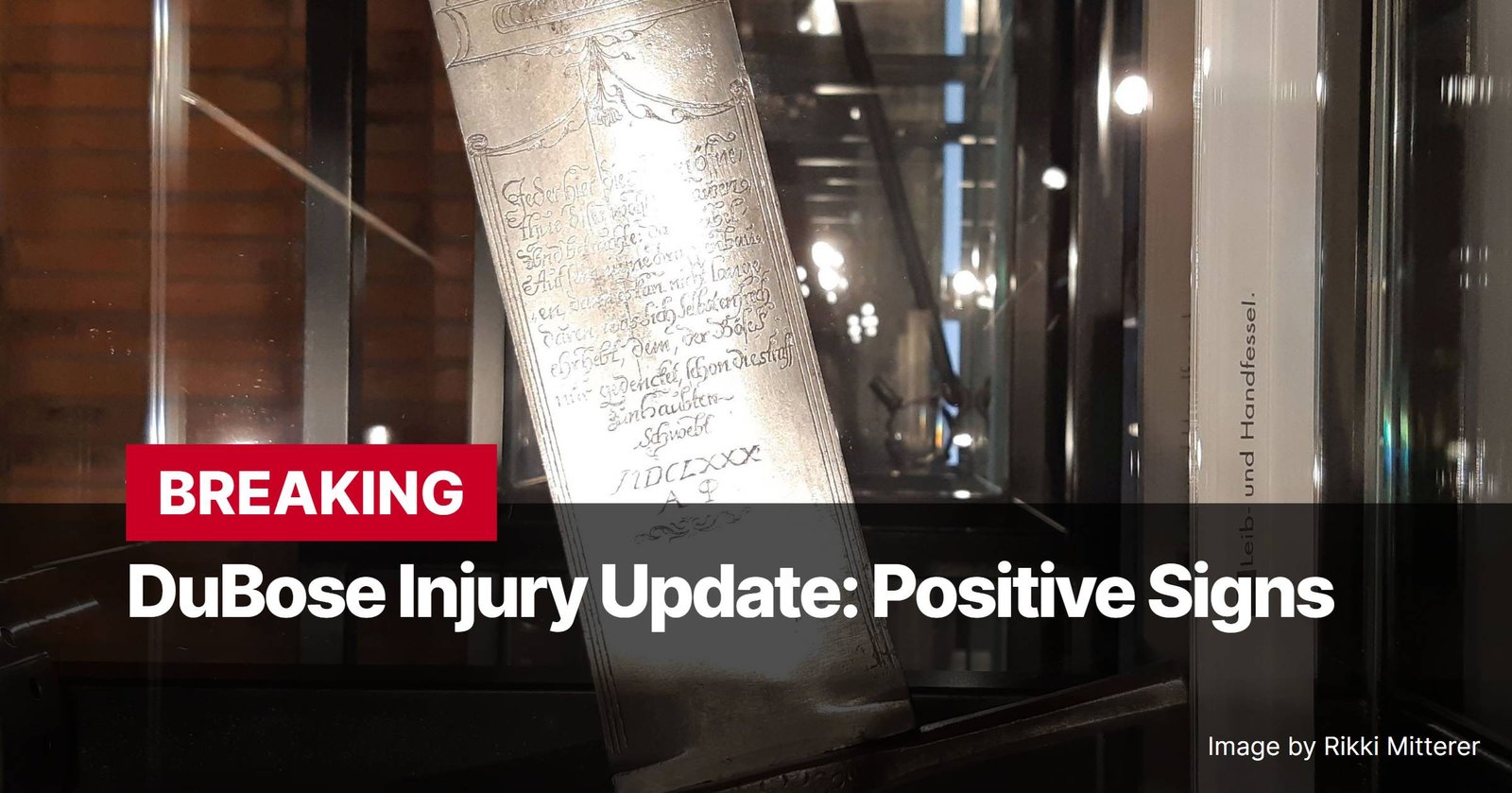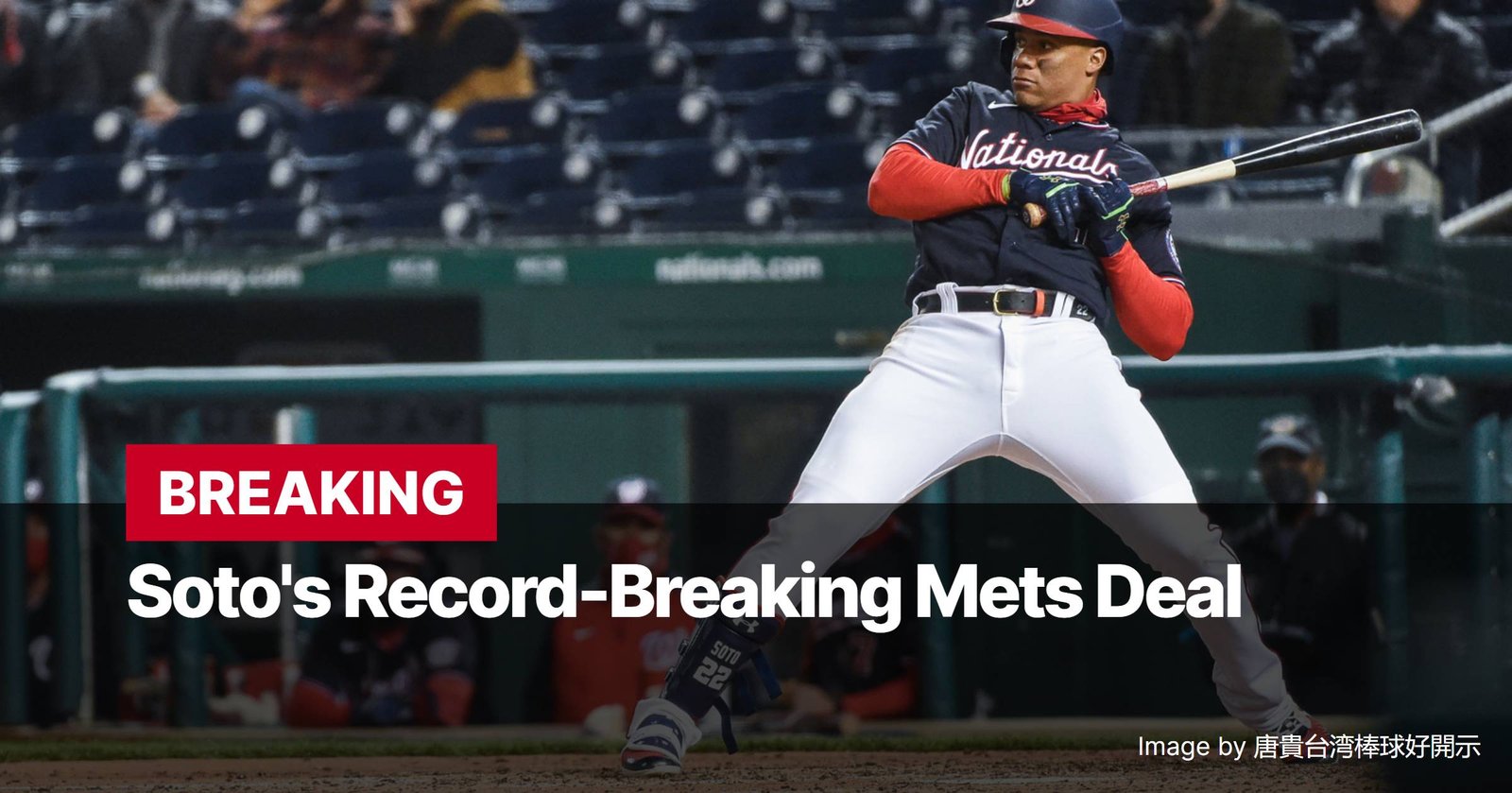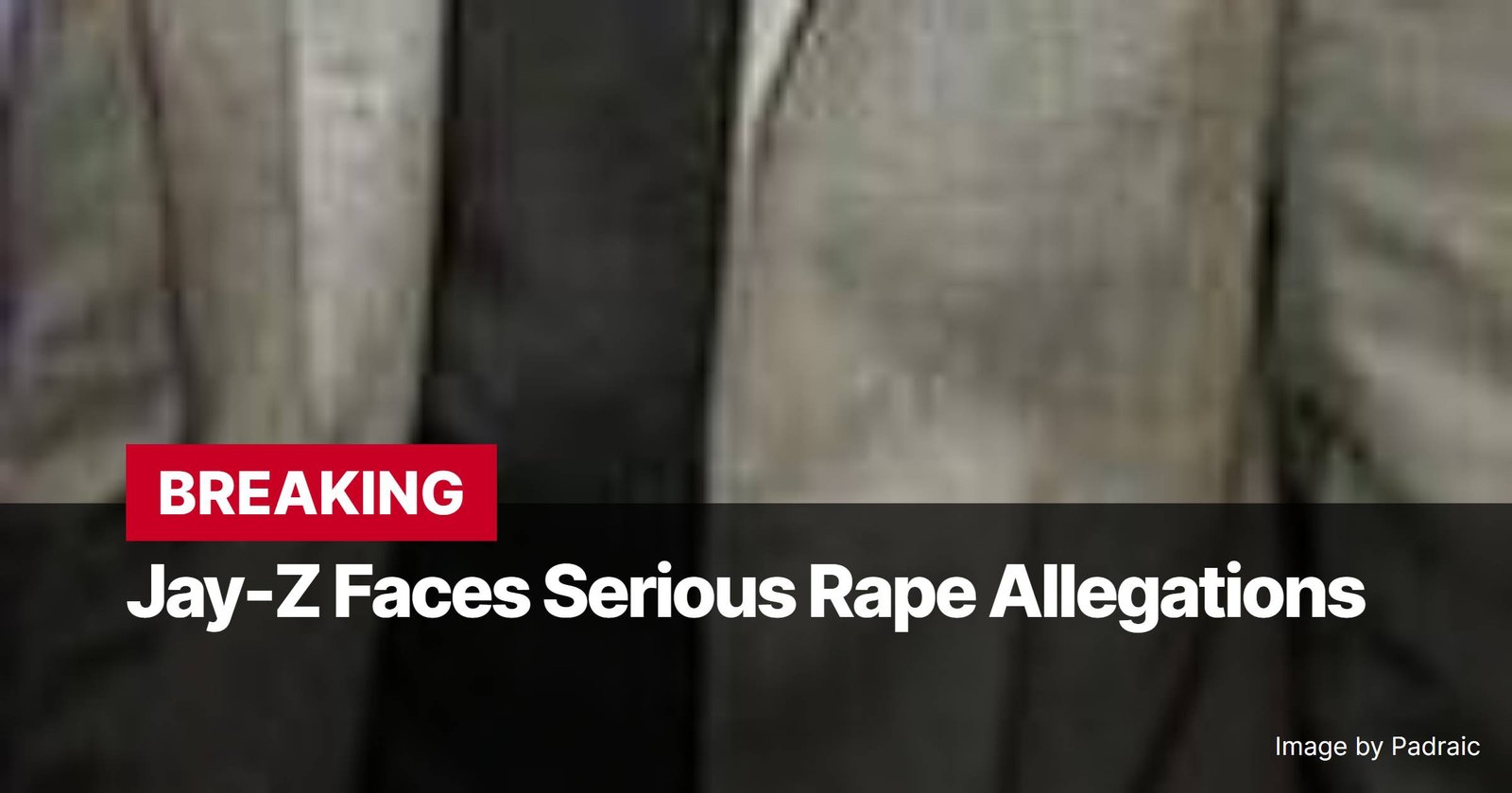The digital age has blurred the lines between public persona and private life, particularly for those who cultivate an online presence. The recent controversy surrounding a Pakistani social media influencer, whose private videos were leaked online, serves as a stark reminder of the vulnerabilities inherent in online fame and the potential for devastating consequences. This incident, which echoes a similar controversy involving another influencer just weeks prior, raises critical questions about online privacy, the ethics of digital sharing, and the responsibility of social media platforms in protecting their users.
The influencer, known for her engaging content on platforms like TikTok and Instagram, deactivated her accounts following the leak. The videos, reportedly depicting intimate moments, were widely circulated across various messaging and social media platforms. The ensuing backlash was swift and brutal, with many accusing her of orchestrating the leak as a publicity stunt. However, reports also suggest that the videos were released as a result of a data breach, raising serious concerns about the security of personal information online. Before deactivating her account, the influencer described the negative attention as “overwhelming.”
This incident is not isolated. Another Pakistani social media star faced a similar ordeal in October when a private video surfaced online. While some suspected a publicity stunt, others rallied to her defense. The incident sparked a debate about online privacy and the often-cruel nature of social media, where accusations and judgments are dispensed quickly and without nuance. A prominent Pakistani actress even weighed in on the earlier controversy, criticizing influencers for allegedly “stooping to the lowest level” for fame.

These incidents highlight the precarious position of individuals who build their careers on social media. While they actively cultivate a public persona, the boundary between public and private can easily be breached in the digital realm. A data breach, a malicious act, or even a misplaced trust can result in the exposure of deeply personal information, leading to public shaming, emotional distress, and reputational damage.
Moreover, these controversies underscore the often-toxic nature of online discourse. The speed with which accusations and judgments spread can create a virtual mob mentality, where individuals are condemned without due process or a fair hearing. The pressure to constantly produce engaging content and maintain a flawless online image can also incentivize risky behavior, pushing some influencers to cross ethical lines in their pursuit of virality.
The responsibility for protecting online privacy extends beyond individual users. Social media platforms have a crucial role to play in ensuring the security of their users’ data and in fostering a more responsible online environment. They need to invest in robust security measures to prevent data breaches and provide effective mechanisms for users to report and remove harmful content. They also need to address the issue of online harassment and hold those who engage in such behavior accountable.
The recent incidents involving Pakistani influencers are not just about individual misfortunes. They are symptomatic of larger issues plaguing the digital landscape. They force us to confront uncomfortable questions about the price of online fame, the ethics of digital sharing, and the urgent need for greater accountability and responsibility in the online world. As we increasingly live our lives online, it is crucial that we prioritize privacy, cultivate empathy, and foster a culture of respect in the digital sphere. The future of the internet, and indeed, our collective well-being, depends on it.







